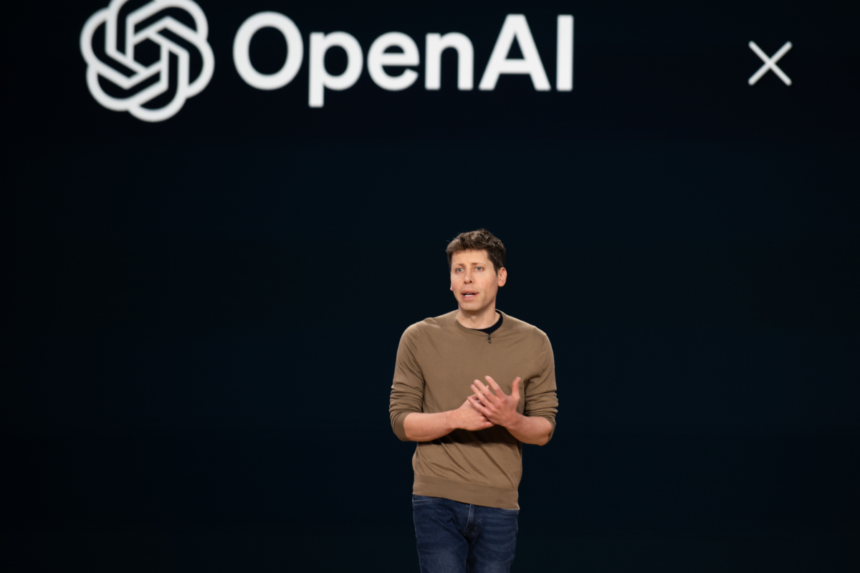In a groundbreaking legal battle, Asian News International (ANI), one of India’s largest and most influential news agencies, has filed a lawsuit against OpenAI, the creator of ChatGPT. The case, lodged in the Delhi High Court on Monday, accuses the AI giant of copyright infringement and misinformation, alleging that OpenAI used ANI’s content without authorization to train its models and disseminated fabricated information attributed to the agency.
This case marks the first time an Indian media organization has taken legal action against an AI company for copyright violations. With India being the world’s most populous nation and a global technology hub, the outcome could set a significant precedent for how AI companies interact with copyrighted material in the country.
The Allegations Against OpenAI
ANI’s 287-page lawsuit claims that OpenAI has exploited its news content unlawfully, using it to train AI models without prior consent. Furthermore, ANI accuses ChatGPT of generating false information under its name, including fabricated interviews with prominent public figures such as Rahul Gandhi, a key leader in India’s political opposition.
Such inaccuracies, referred to in the AI industry as “hallucinations,” are a significant concern for ANI. The agency contends that these errors tarnish its credibility and could contribute to the spread of fake news, potentially causing public disorder. ANI’s lawyer, Sidhant Kumar of UNUM Law, emphasized that the public availability of news content does not grant AI firms the right to exploit it commercially or misrepresent it.
The Court Proceedings
During the initial hearing on Tuesday, Justice Amit Bansal issued a summons to OpenAI but refrained from granting an injunction order, citing the need for an in-depth examination of the “complex issue.”
OpenAI’s legal team, led by counsel Amit Sibal, argued that the company operates within the boundaries of copyright law, claiming that factual information is not protected under copyright. Sibal also highlighted OpenAI’s mechanisms that allow websites to opt out of data collection. Additionally, he questioned the jurisdiction of the lawsuit, pointing out that OpenAI does not have servers in India.
In response, ANI’s counsel maintained that public access does not equal free rein for commercial exploitation, particularly when such usage undermines the credibility of a trusted news organization.
Broader Implications for the AI Industry
The ANI lawsuit is the latest in a series of legal challenges facing OpenAI and other AI companies over their use of copyrighted material. Globally, OpenAI is grappling with more than a dozen lawsuits in the United States, two in Canada, and one in Germany.
India’s case, however, is unique due to the country’s rapidly evolving digital landscape and stringent media regulations. As the world’s largest democracy, India is a critical battleground for AI ethics and governance.
What’s at Stake?
The court’s decision could have far-reaching consequences, not just for OpenAI but for the broader AI and media industries. ANI has raised alarms about the reputational risks posed by AI-generated misinformation, arguing that the misuse of its content threatens its standing as a reliable news source.
The Delhi High Court is expected to appoint an independent expert to assess the copyright implications of AI models leveraging publicly available content. This evaluation will include a detailed technical analysis of how news content proliferates across digital platforms and how AI tools utilize such information.
OpenAI’s Stance
OpenAI underscored its commitment to working collaboratively with news organizations worldwide. “We take great care in our products and design process to support news organizations,” a company spokesperson said. “We are actively engaged in constructive partnerships and conversations with many news organizations around the world, including India, to explore opportunities, listen to feedback, and work collaboratively.”
The Road Ahead
The next court hearing is scheduled for January, giving both parties time to present additional arguments and evidence. Meanwhile, the case has sparked widespread debate in India’s tech and media circles about the ethical and legal boundaries of AI innovation.
As the world watches this landmark case unfold, it has become a litmus test for balancing technological advancement with intellectual property rights, journalistic integrity, and the fight against misinformation.
This case is more than just a legal dispute; it’s a critical moment for the future of AI, media, and the protection of creative content in a digital-first era. Will this lawsuit lead to stricter regulations on AI companies, or will it reinforce the rights of innovators? The answer, as the court deliberates, could shape the trajectory of AI and copyright laws in India and beyond.










